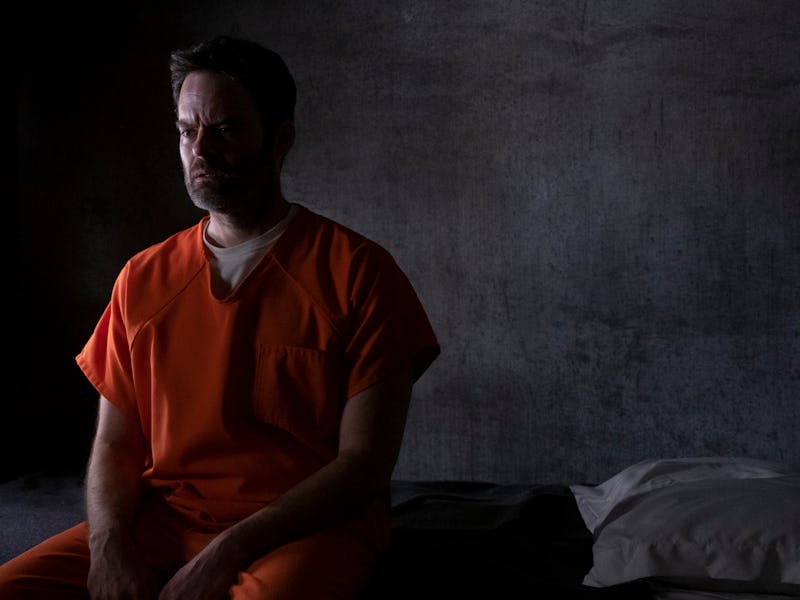Barry Season 4 Rejects Prestige TV’s Worst Trend
Barry isn’t the simple comedy it used to be — and that’s a good thing.

When Barry premiered in 2018, it was an eccentric action-comedy series with a simple, goofy premise (a professional hitman decides to become an actor in L.A.). Few could have predicted that five years later, Barry would emerge in its final season as one of the most morally introspective and cinematic TV shows on the air right now. As time has gone on, though, Barry has begun to feel less and less like an ongoing SNL sketch and more like Breaking Bad or No Country for Old Men.
That doesn’t mean Barry has lost its comedic edge. On the contrary, the first three episodes of Barry Season 4 feature more than their fair share of memorable comedic gags, including one Fred Melamed-led break-in that will likely rank as one of this year’s funniest TV moments. Barry has simply been able to grow and evolve into something bigger and more complex.
It has, in other words, been given the chance that an increasingly small number of prestige TV shows seem to get nowadays.
Barry has grown more visually, emotionally, and morally complicated over the course of its time on the air.
In its early days, TV was a home for procedural stories that people could turn to every week and be comforted by the fact that, for the most part, they knew how each episode of their favorite show was going to go. As TV began to evolve, though, both viewers and creators began to realize the value that could be gained from telling one serialized story over the span of multiple years. Shows like The Sopranos, The Wire, Mad Men, and, in particular, Breaking Bad all revealed how a series could evolve, deepen, and expand if given the proper amount of time to do so.
It’s becoming increasingly rare for TV shows to stay on the air long enough to evolve in their own, unique ways, though. Over the years, plenty of articles have been written and tweets sent about the impulse streaming services like Netflix have to cancel popular shows the second that they lose their initial luster. In recent years, viewers have grown used to seeing their favorite shows end after just one, two, or — at most — three seasons.
Barry’s emotional and comedic storytelling has become sharper and more refined in its final season.
While there’s plenty to be gained from giving more creators the chance to tell limited, eight-episode stories and play around with structure and storytelling form, too, it’s important that TV viewers don’t end up missing out on the unique pleasures that watching a series over the course of five-plus years can provide. For that reason, Barry Season 4 doesn’t just feel like a major achievement on the part of the show’s creative team, but also a reminder of one of the most appealing aspects of TV.
Right now, Barry barely feels like the show that it started out as. Not only is the series’ final season shaping up to be its darkest and most introspective, but the HBO dramedy has also become more visually refined and cinematic. With Bill Hader himself directing every episode of its fourth season, Barry looks, feels, and moves differently than it did when it began. That shift hasn’t felt jarring or sudden, though. Instead, Barry’s current form feels like the natural result of everything that happened throughout its first three seasons.
By giving its creative team free reign to take its story wherever they want, HBO has given Barry the chance to change in ways that can only happen on TV.
In a way, the world of television has never felt more creatively diverse than it does now. What shouldn’t be lost in the current popularity of limited series and short-season shows, though, are the pillars that separated television and film in the first place. As both Barry and Succession are currently proving, there aren’t many things better than getting to explore a story from its beginning to end over the course of four or more years.
Barry, for its part, isn’t just reminding viewers yet again of the fun of watching a long-running series reach its inevitable endpoint, though. It’s also reminding us of how much a show can develop and change when it isn’t canceled before it actually gets the chance to.
New episodes of Barry air Sundays on HBO.
This article was originally published on